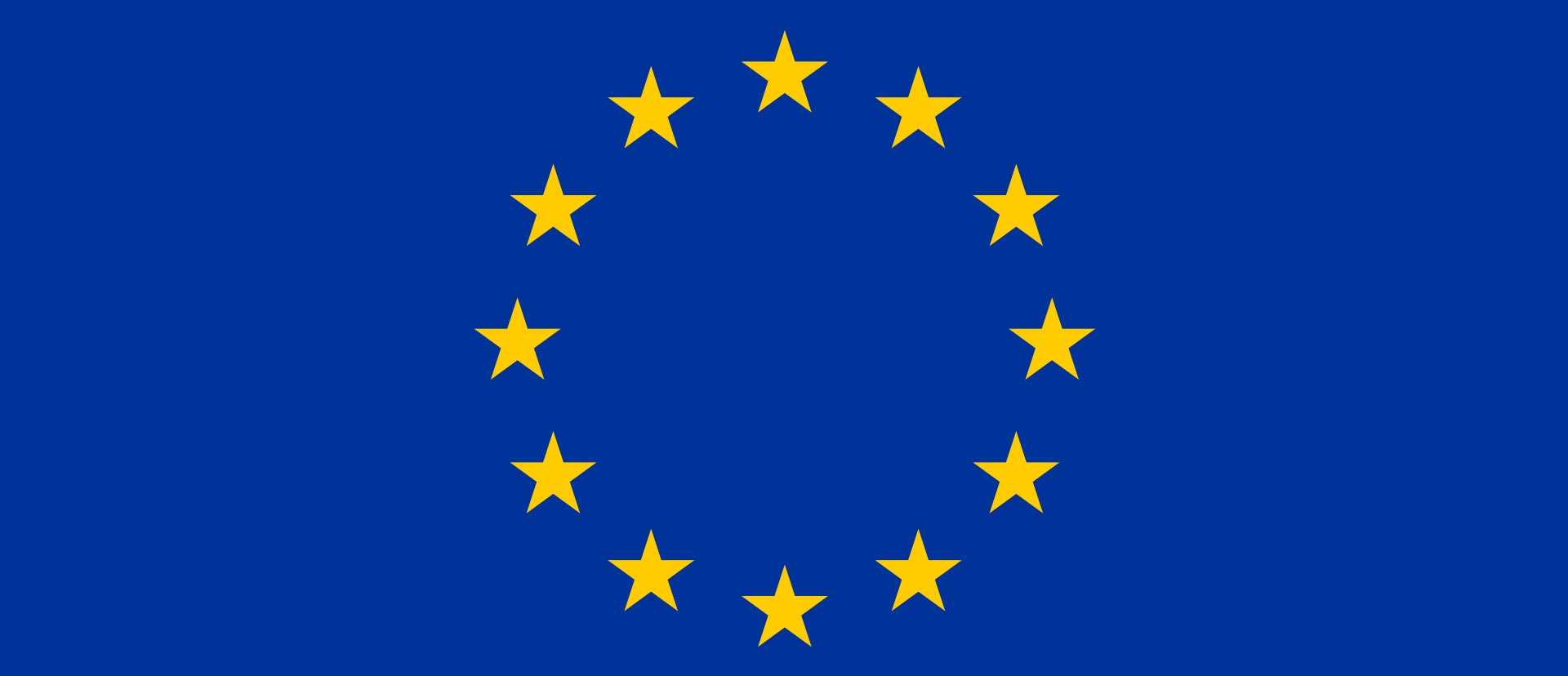What should be the regulatory approach to FinTech? Should it be about bringing FinTech under the roof of the current regulatory regime and possibly banning any parts that cannot fit? Should it be about leaving FinTech alone and unregulated? Do we need a bespoke regulatory regime? Should disruptive innovation be encouraged or held back? This article presents the emerging EU regulatory approach to FinTech in relation to financial services. The European Commission has embraced a forward-looking policy towards digital finance aiming to regulate innovation in and not out, while at the same time addressing and monitoring the potential risks and challenges resulting from FinTech and BigTech. The article focuses in particular on two examples of innovative legislative frameworks currently in the pipeline: the recently agreed proposal for a Distributed Ledger Technology pilot regime and the proposal for a Regulation on Markets in Crypto-Assets. Both are examples of new innovative frameworks directed at FinTech. Together, they have the potential to spur innovation in the field of financial services and to help bringing them to the next technological level.
By Marcel Haag[1]
FinTech (short for financial technology) is a term that refers to the integration of technology into offerings by financial companies to enhance the use and quality of financial services and their delivery to consumers. Until recently, FinTech was considered to be an emerging, still marginal phenomenon.
...THIS ARTICLE IS NOT AVAILABLE FOR IP ADDRESS 216.73.216.134
Please verify email or join us
to access premium content!

